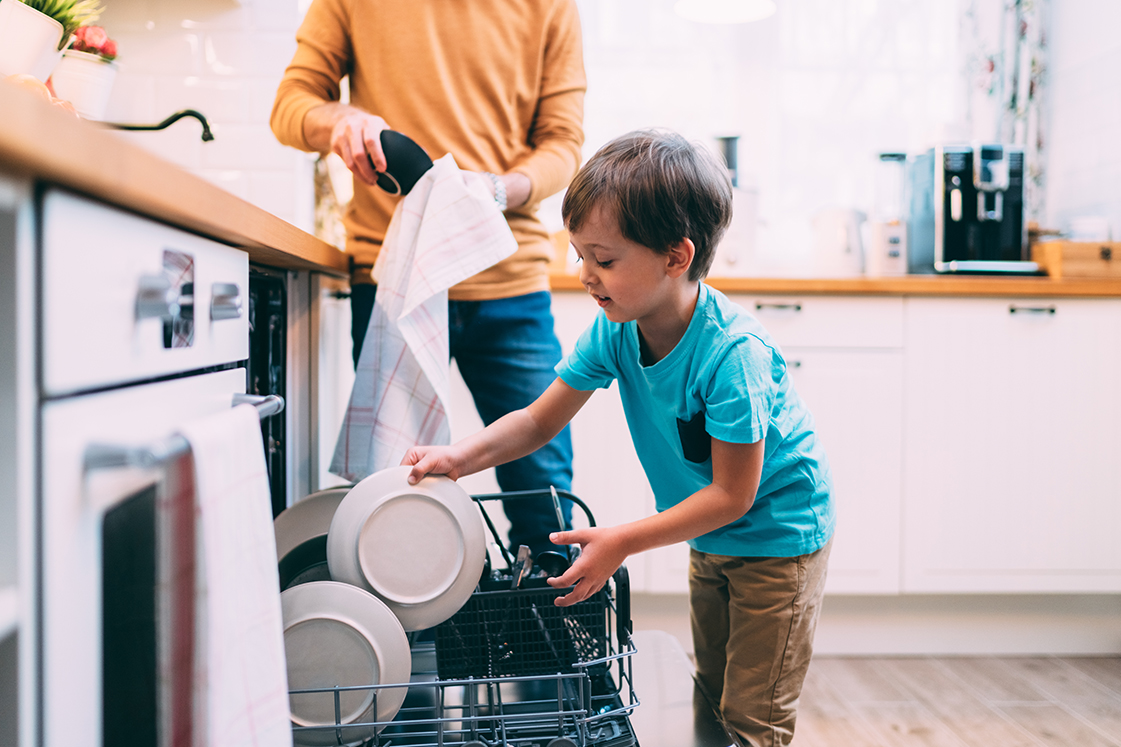A starter home is a single-family, condo, or townhome that a first-time homeowner can afford and may outgrow. They’re normally small, modest, and lacking in upgraded amenities. They can be a good investment for some young people and a way to build equity towards a bigger and better house in the future. They’re becoming more expensive and harder to find. Some people are skipping starters altogether – choosing to rent for longer to save money towards a bigger first home purchase.
Stats on starter homes:
- 31% of home buyers are first-timers.
- The increased price of homes and the amount of student debt young adults have are impacting the median age of first time homebuyers. It’s the highest it’s been since they started tracking it – 33 years old.
- If you’re like most people, you’ll spend an average of 13 years in a home before you sell it
- The longer you live in your home, the more equity you’ll build in it
Characteristics of a good starter home
It’s in a nice neighborhood
It’s important for you to get a home in as good an area as you can. What exactly is a “good” neighborhood? Generally, it’s one that’s quiet, walkable, in a good school district, close to amenities, and is well maintained. Homes in a good neighborhood will be safe to live in and be easier to sell when you’re ready. If you have any questions about neighborhoods, ask your hometown home lender. They’ll give you an unbiased opinion on the best areas in your community.
The taxes are affordable
Your mortgage is just one portion of what you’ll pay each month for your home. One of the biggest ongoing expenses for your home will be your property tax. This is an annual tax levied by your state and local governments on your land and buildings. And it’s a sizeable fee – usually thousands of dollars. The tax is collected once a year, but many homeowners put money into an escrow account each month to pay the fee. Find out what the current owners paid for their taxes, but be aware the taxes will increase over time. Some states increase property taxes annually while others reassess them at set increments (as example, every 5 years).
Utility bills aren’t too high
Starter homes are no frill, which make them affordable to purchase. The price was kept down by NOT getting the most energy-efficient and latest upgrades. And if the starter home is older, be especially aware of the potential utility costs. You can request to see copies of the seller’s utility bills to see what it may cost you for your electric, water, and other utilities.
It’s affordable
Be strategic about your purchase. If you are planning on selling your home in a few years, think of your starter home as an investment. That means, buy something that will easily sell again. Find the best house in your price and in a good location – and don’t go over budget! If you make a wise purchase now, you’ll be better able to afford an upgraded home in a few years.

